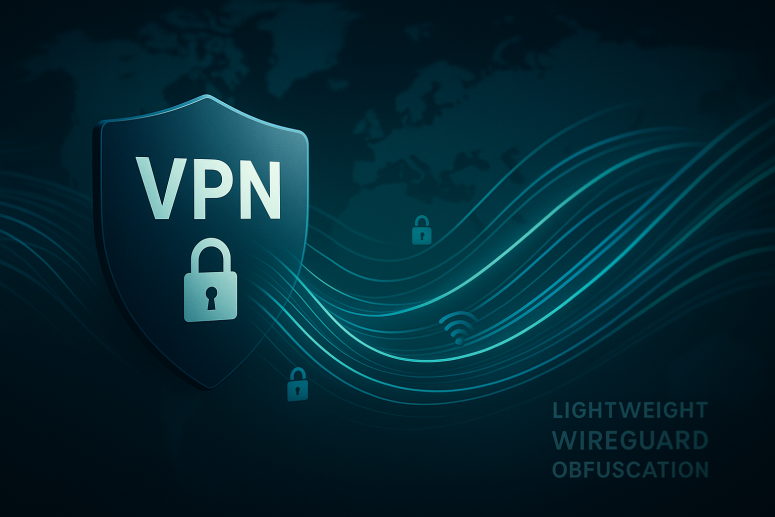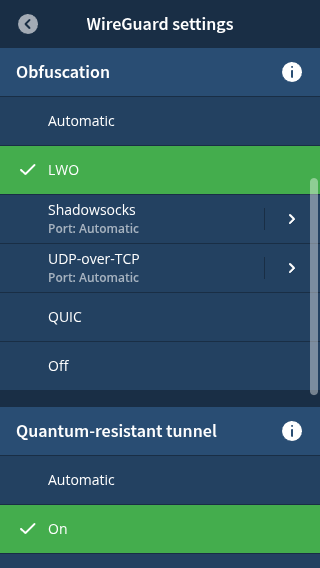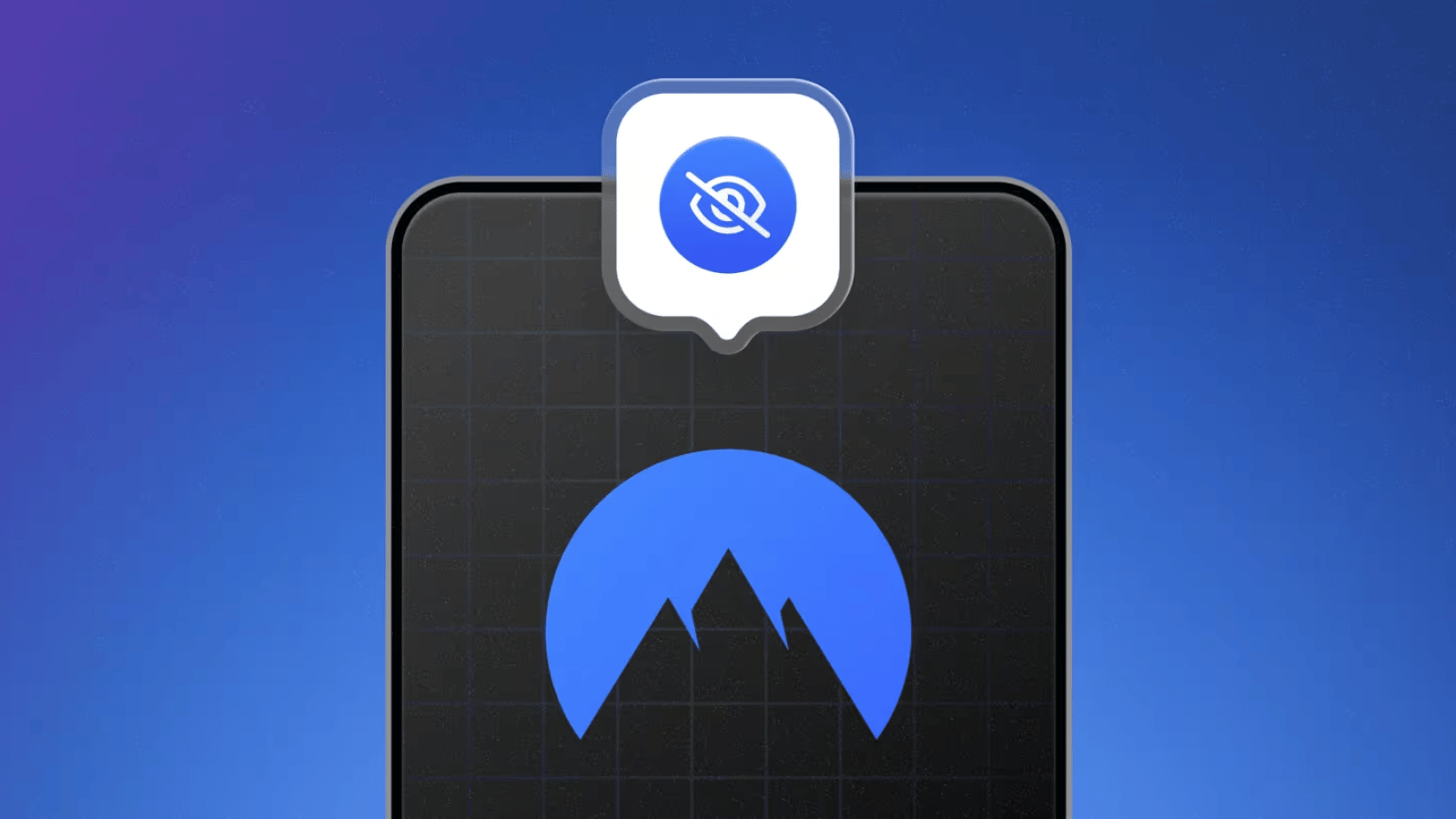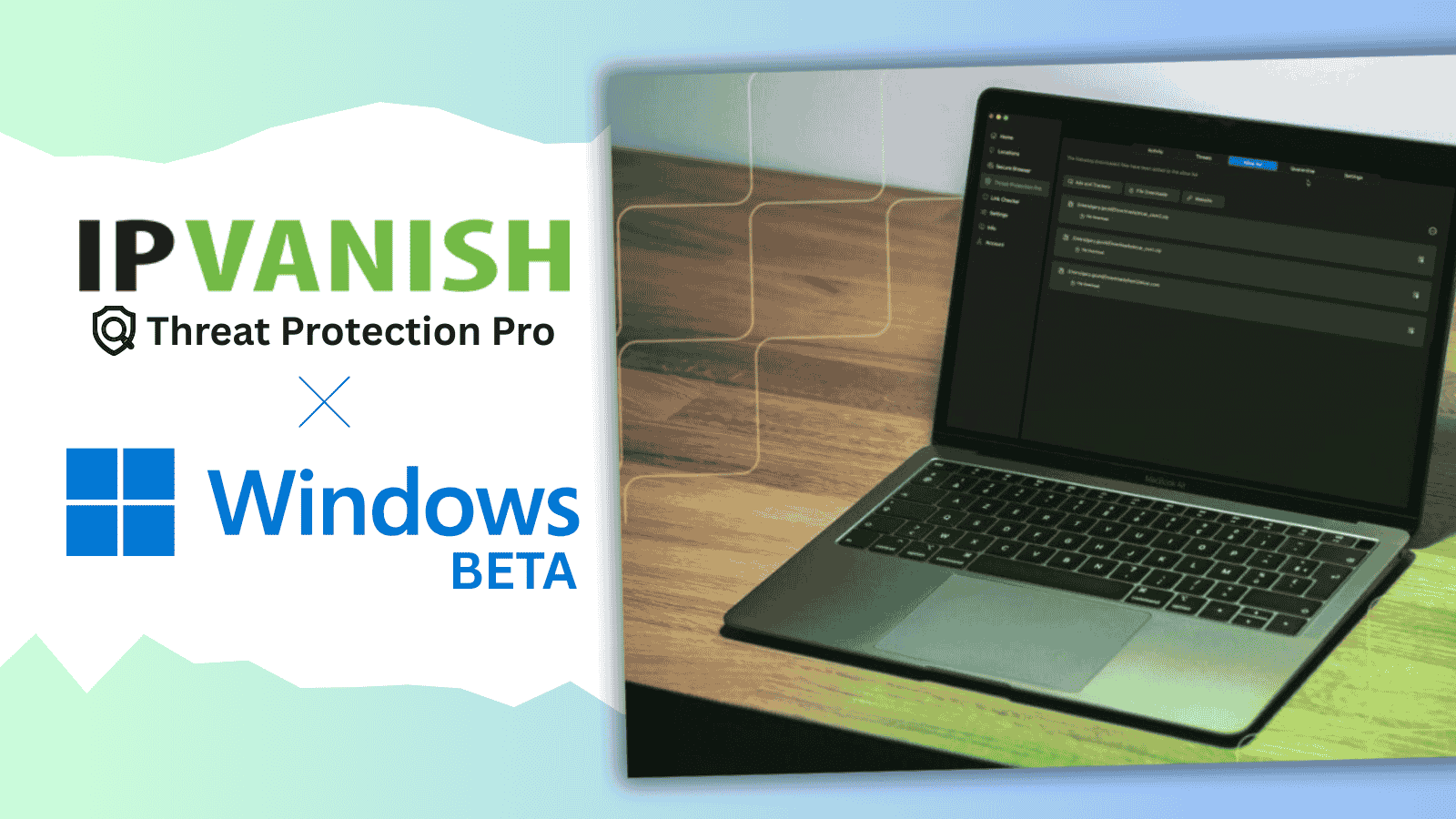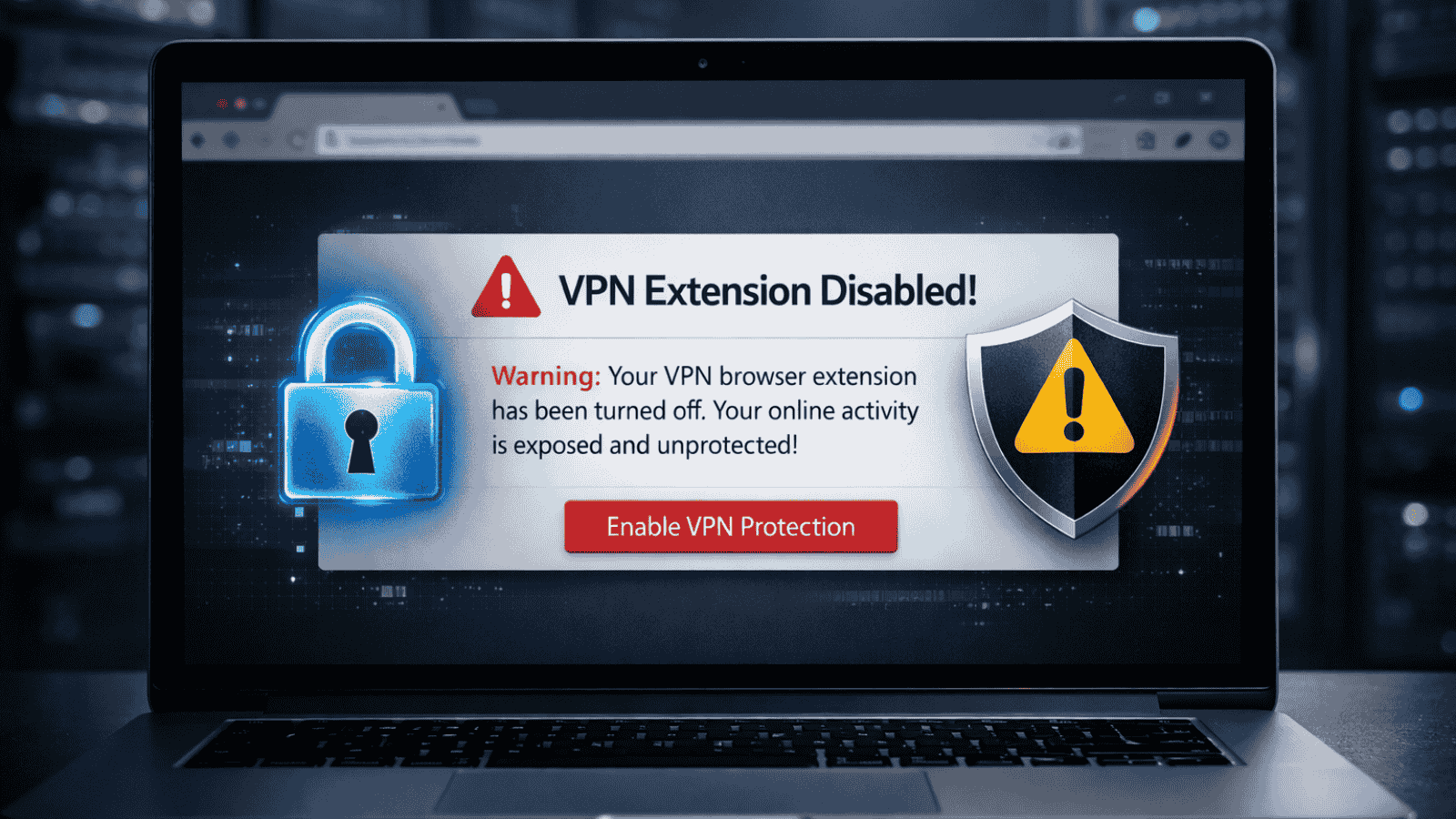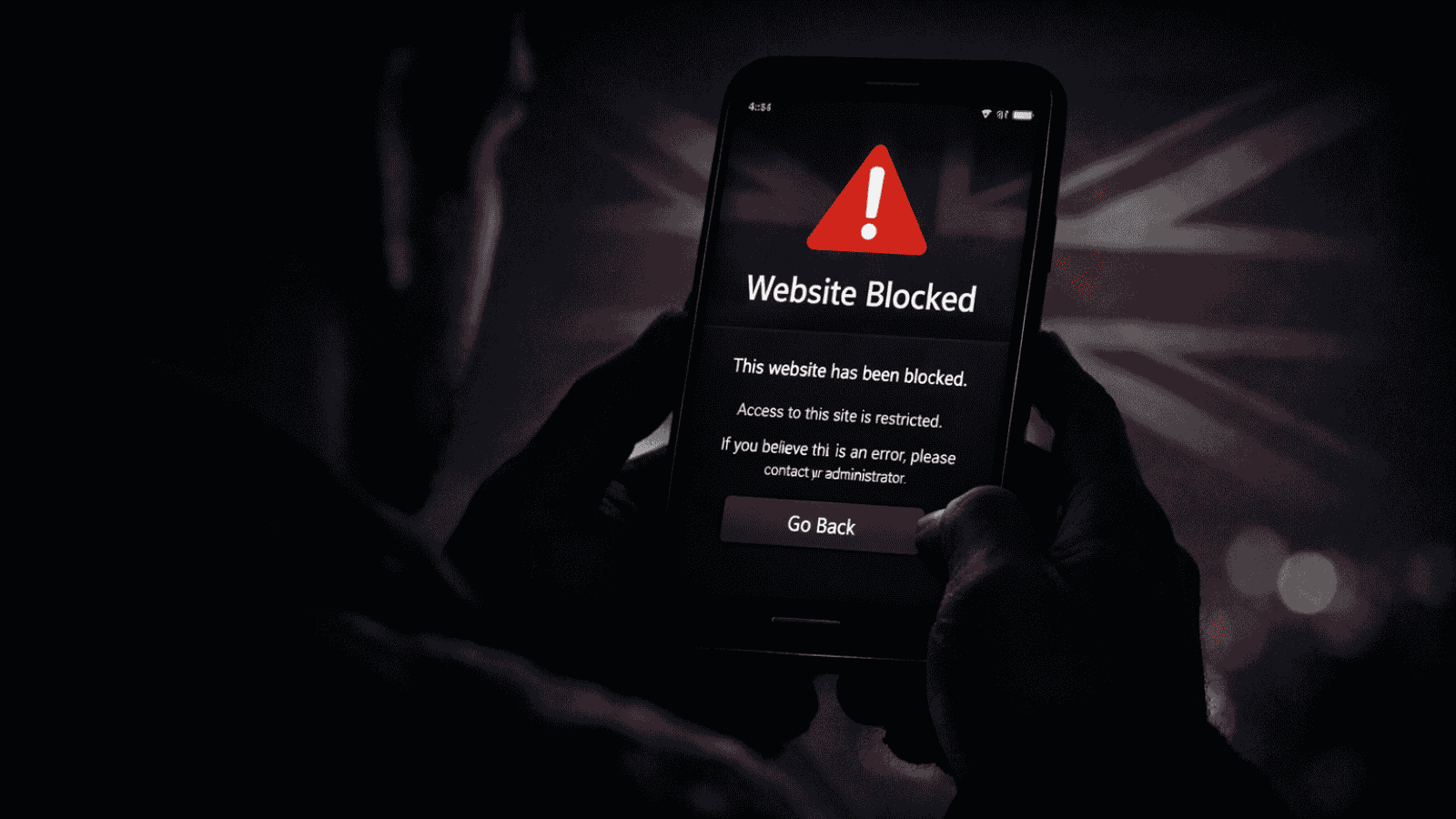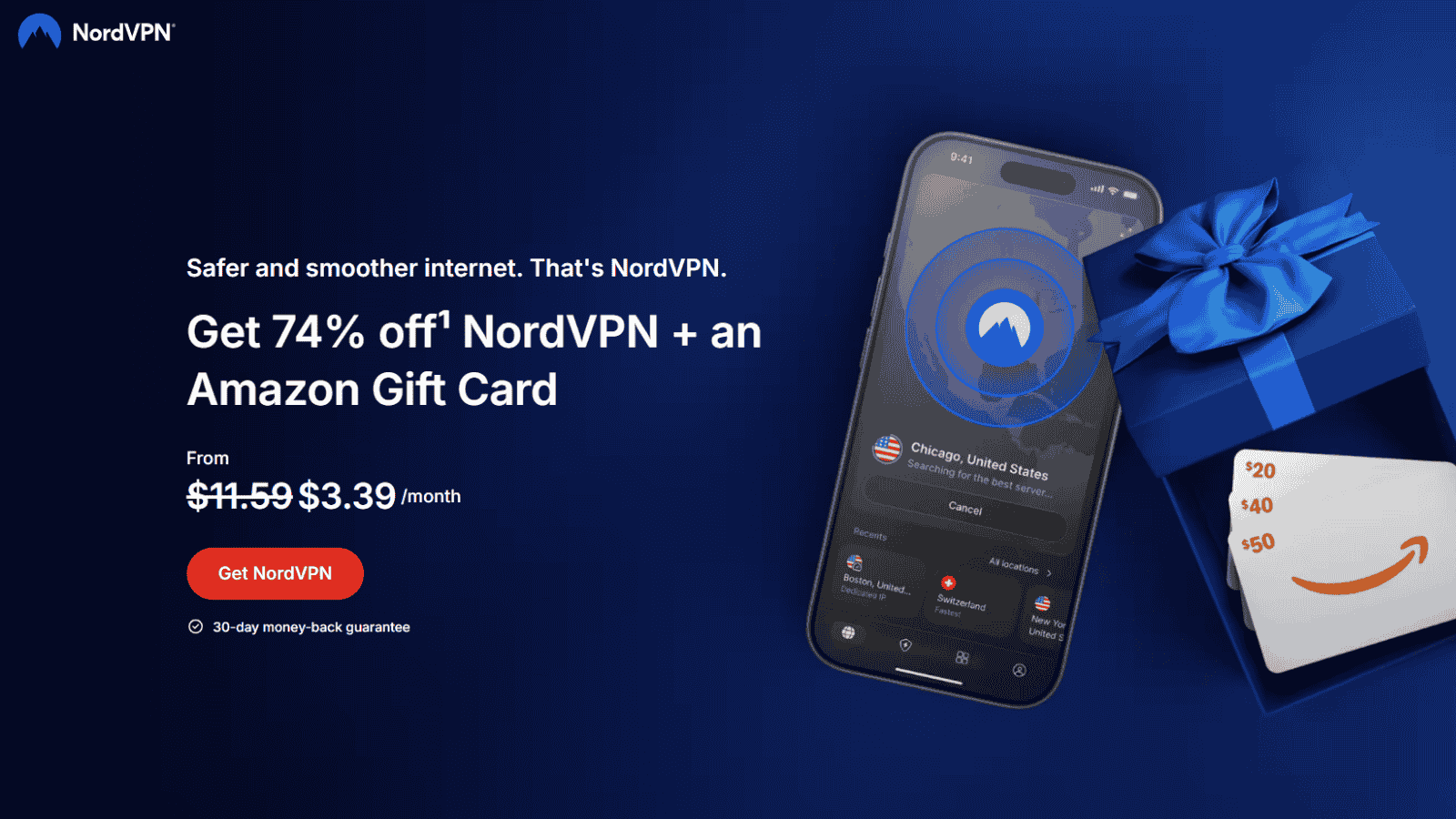
Lightweight WireGuard Obfuscation Now Available on Mullvad VPN
- New Feature: Mullvad launches Lightweight WireGuard Obfuscation to bypass censorship and blocked VPN traffic.
- Availability: Available on desktop and Android; iOS support coming in a future update.
- Performance: LWO is fast, lightweight, and improves VPN reliability with minimal power use.
Mullvad VPN has announced a new feature called Lightweight WireGuard Obfuscation (LWO), designed to help users bypass censorship and restrictive firewalls. The new obfuscation method is now rolling out on all desktop platforms and Android, with iOS support coming soon.
What Is Lightweight WireGuard Obfuscation?
LWO (Lightweight WireGuard Obfuscation) is a technology that makes it harder for networks and firewalls to detect and block VPN traffic. It works by scrambling the header of each WireGuard packet, making the data flow look less like VPN traffic to network filters and censorship systems.
Unlike many other obfuscation methods, LWO is fast and lightweight. The process is computationally inexpensive, meaning it adds minimal overhead on top of regular WireGuard connections. This helps maintain high performance and low power consumption, even on lower-end or mobile devices.
According to Mullvad, users can expect better speeds and stability when connecting from countries or networks where WireGuard traffic is commonly blocked.
How to Enable LWO on Mullvad VPN
To use Lightweight WireGuard Obfuscation, users need to update their apps to the following versions (or newer):
- Desktop: Version 2025.13
- Android: Version 2025.9
The iOS version is expected to include LWO support in an upcoming update.
Once the app is updated, it will automatically try LWO after several failed connection attempts. Users can also enable it manually through the app’s settings:
Settings → VPN Settings → WireGuard Settings → Obfuscation → LWO
Alternatively, desktop users can use a terminal command to activate the feature directly:
mullvad obfuscation set mode lwo
Ongoing Efforts to Fight Censorship
This is Mullvad’s fourth WireGuard obfuscation method and the second release in 2025, following the introduction of QUIC obfuscation in September.
The addition of LWO marks another step in the company’s continued effort to improve usability in restrictive environments and enhance privacy and accessibility for users worldwide.
With Lightweight WireGuard Obfuscation, Mullvad VPN aims to offer faster, more resilient, and more energy-efficient VPN connections, even under heavy censorship.

